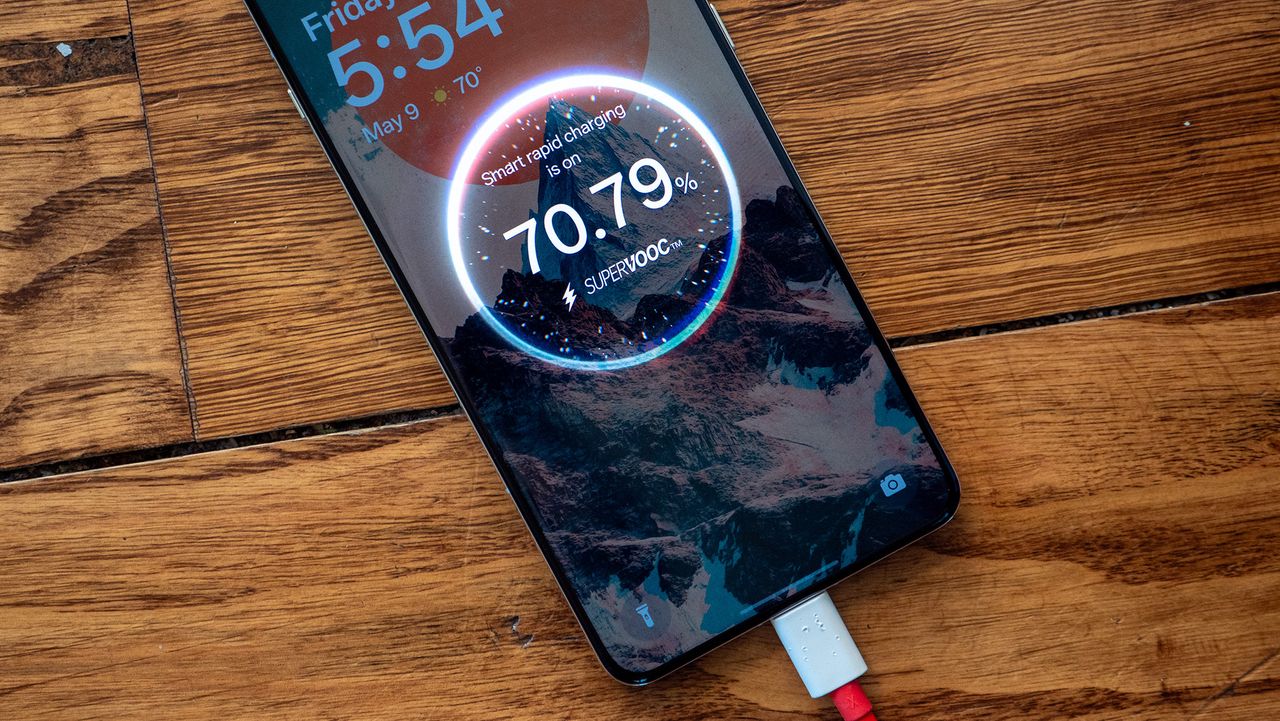
Enjoy our content? Make sure to set Android Central as a preferred source in Google Search, and find out why you should so that you can stay up-to-date on the latest news, reviews, features, and more.
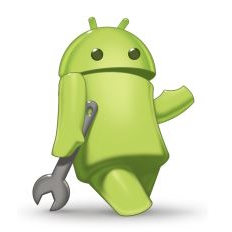
One of the web's longest-running tech columns, Android & Chill is your Saturday discussion of Android, Google, and all things tech.
It appears that Samsung is going to release another Galaxy flagship line of phones without the crazy fast charging people seem to want. Apple does the same thing every year, as does Google. Customers want high-powered charging, and many companies aren't giving it.
But that's not what we really need.
"All day" should mean something
I know I'm in the minority here, but the one thing I want from recharging a battery isn't high speed that relies on everything going right. I want to be able to plug it in and feel sure that it's going to safely do what it's supposed to do.
That doesn't mean I'm fine with having my phone tied to a cord for 90 minutes every afternoon, though.
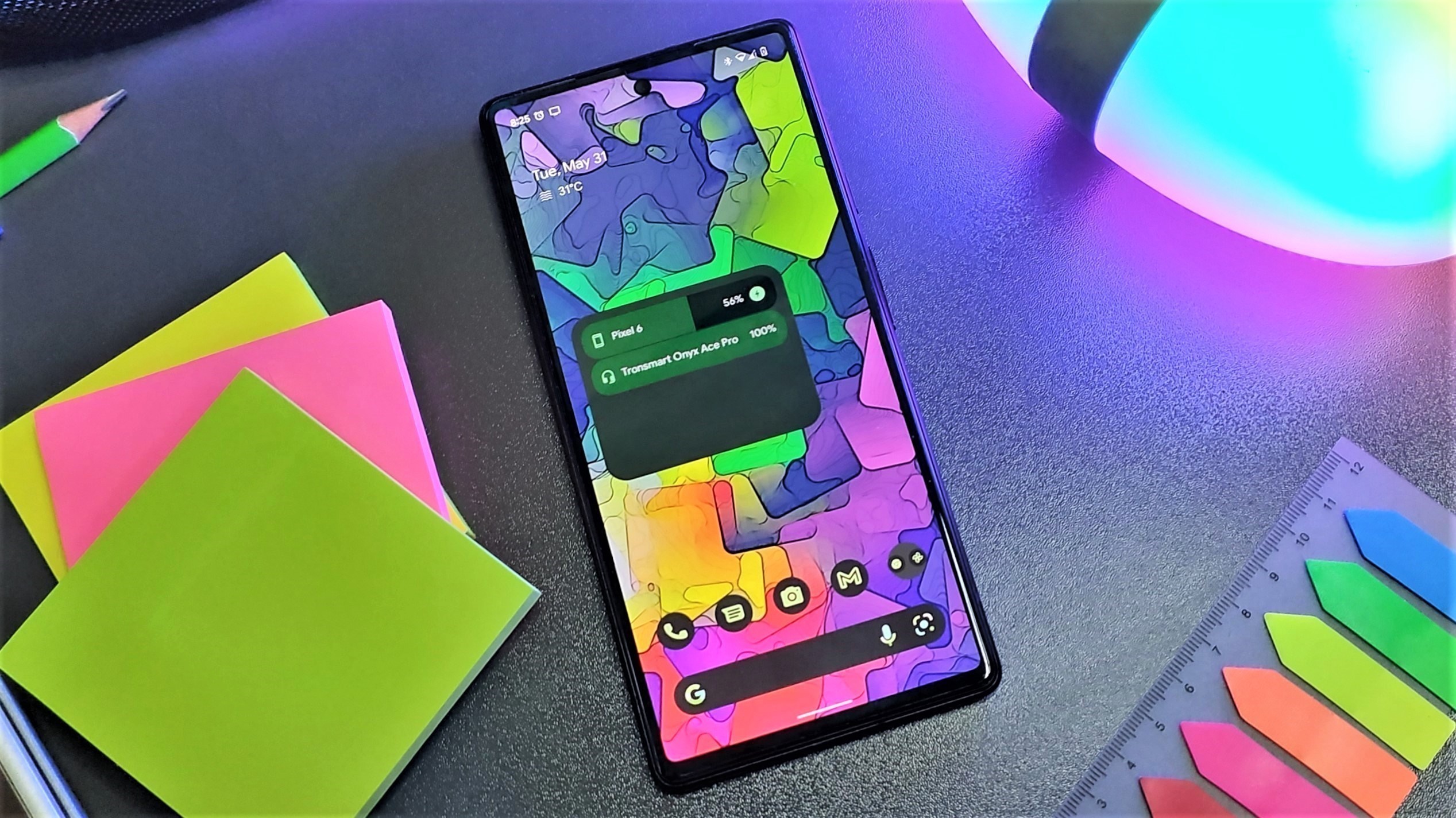
The reason we want faster charging is simple: our phones' batteries don't last nearly long enough between charges. I don't mean some tired phone with a worn-out battery, either; brand new phones don't give the advertised battery life for many folks who use them differently than the people making the promises do.
I'm not saying that companies are lying. They simply make sure everything is perfect when they determine the average battery life, and nothing is perfect once you step into reality. They are throwing out a number even though they know it is inaccurate for most people anyway, though.
If your phone lasted from morning until you went to bed, you could plug it in, let it charge nice and slowly (and safer) all night, and do it all over again the next day.
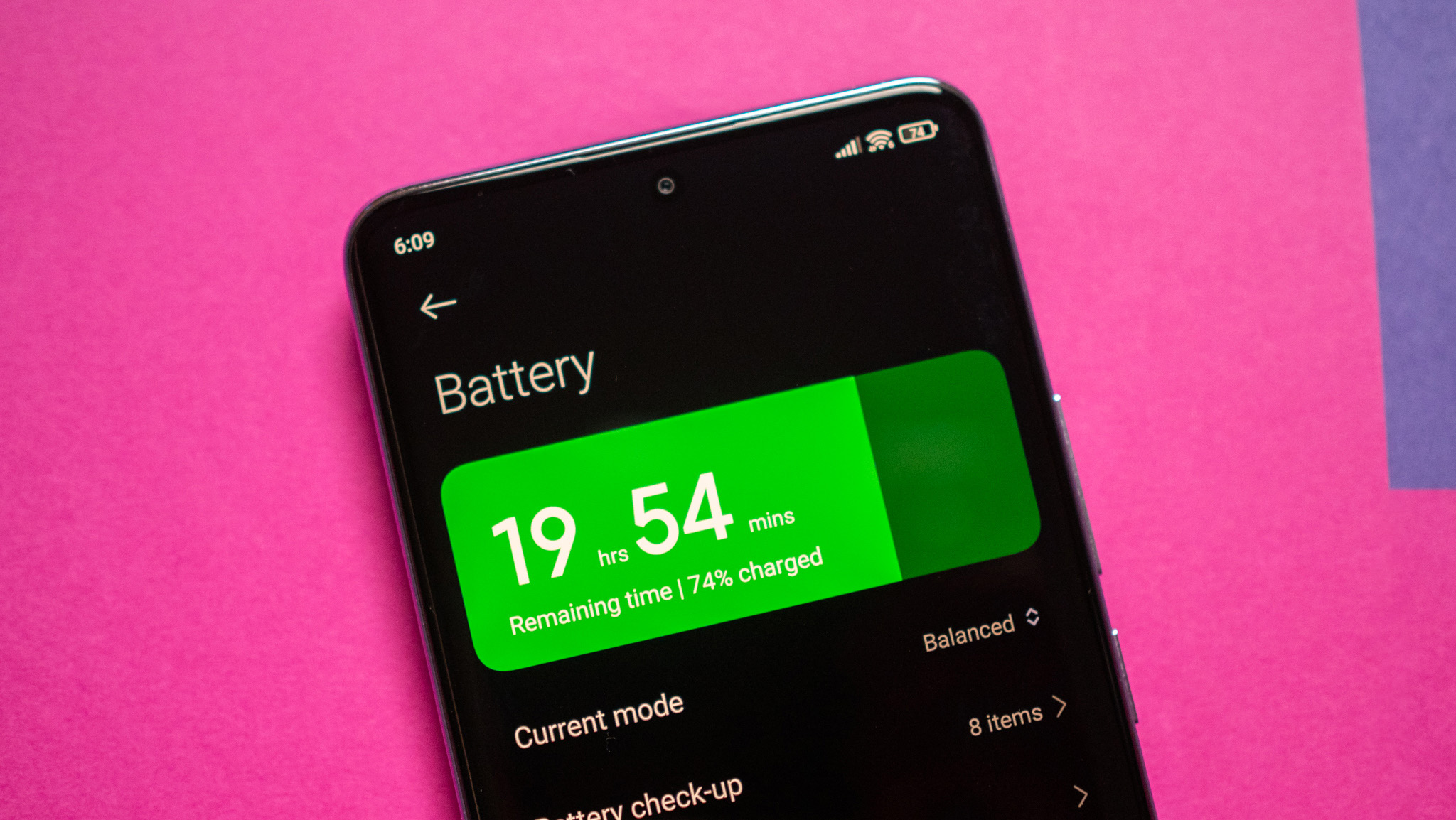
I know it's possible, and you probably do, too. Look at those "cheap" phones, like the Moto G, for example. They almost always have one thing in common: a battery that's big enough. That doesn't mean gargantuan, either; the Moto G has a 5,000mAh battery that's enough to run the phone until you put it down instead of it telling you it needs to rest. Other phones do even better, but I don't think we're at "real" two-day battery life just yet.
A problem that can be fixed
Some phone makers — I'll use OnePlus as an example here — know that something needs to be done. The solution was to engineer a way to charge the phone at unsafe power levels that have been made safe. It works, and it is safe. Until it isn't. There are a lot of bits of tiny hardware and software needed to make it work, and when something goes wrong, bad things can happen. At least they're doing something, though.
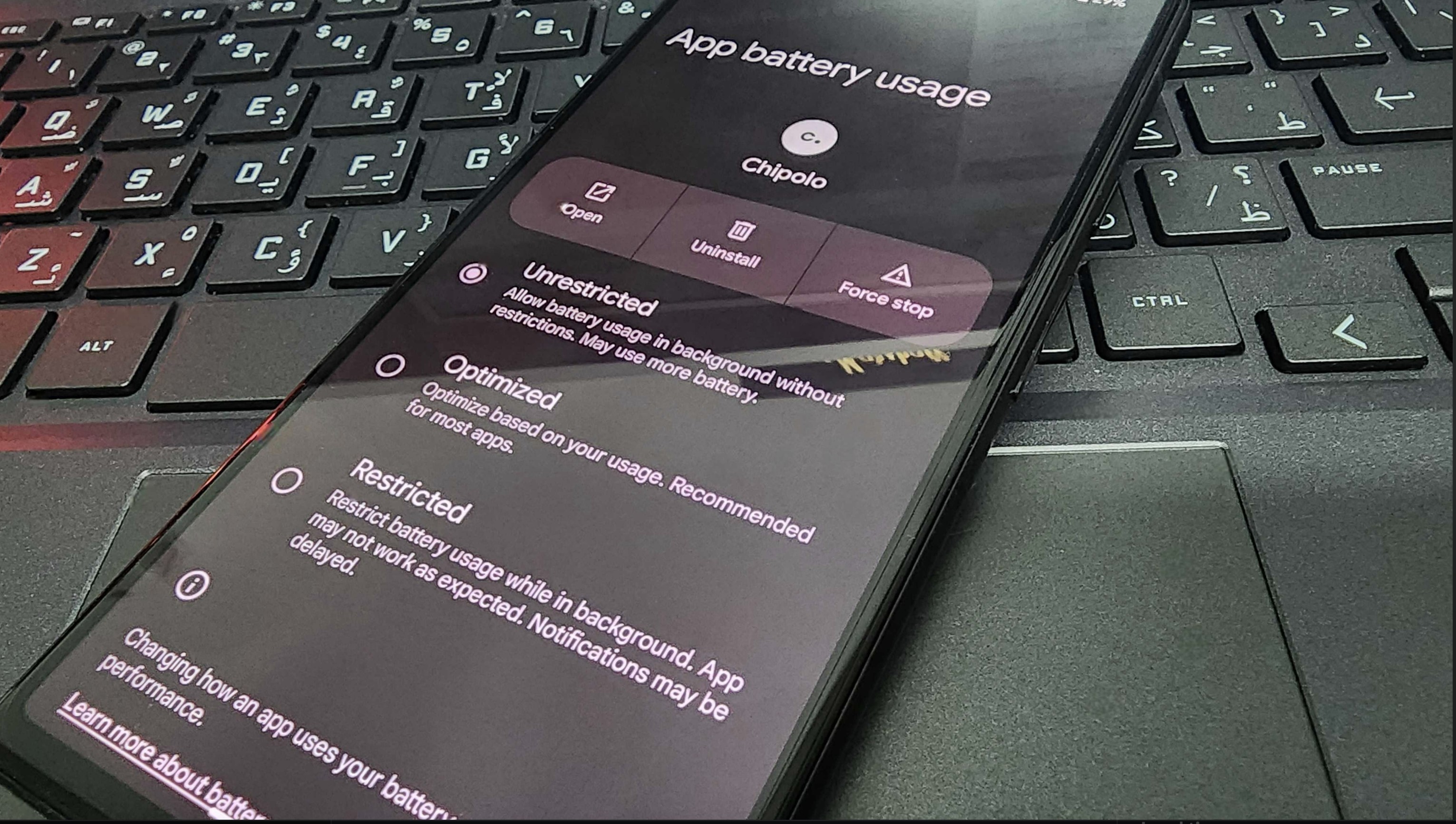
Instead of trying something new like Honor did when it comes to the battery, companies like Samsung and Apple are worrying about making phones thinner and batteries smaller. A lot of people like a thin phone, but how many are willing to charge twice a day for it? Not very many, it seems.
Solid-state batteries are an instant fix, and that's why you'll find them in something like a pacemaker. They have a ton of capacity without being any bigger, are safer, and provide higher output at low battery levels. They're still lithium-based, but solid electrolytes like ceramics don't explode when they get hot.
The problem is that they are expensive. The thing that makes a phone maker happiest is being able to use less money to build something and then charge you more for it. Solid-state batteries would cut into that profit margin, so don't hold your breath. A company has to make money if it wants to survive.
In a perfect world
To me, a perfect phone would be reasonable in size (nobody wants an inch-thick phone), do everything I need it to do, and not need to be charged until I'm done with it for the day. You and I probably do different things and live in different places, but I'll bet that sounds perfect to you, too.
I'm all for new software ideas and ways to use less battery to do "stuff." Exploring ways to increase power and voltage in a charging circuit is really cool, too. I just hope these companies don't think they have the battery life problem solved.







